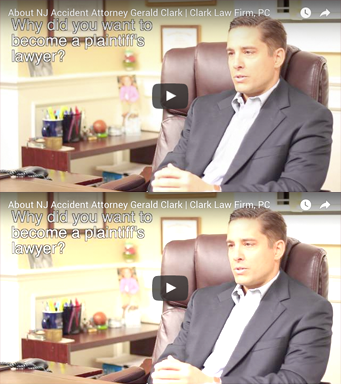If I Get Injured from Falling on Ice And Snow, Can I Sue?
Short Answer: It depends on the facts.
It has been a harsh winter involving a lot (some might say too much) of snow and ice. If you were injured after falling on snow and ice, you may be able to sue, depending on where it was that you were injured.
The first thing that must be determined was whether you were injured on a commercial property or a residential property, as that may make a difference. Examples of commercial properties include stores, restaurants, supermarkets, and shopping malls. To determine whether you were injured on a commercial or a residential property, courts typically look at the nature of the ownership of the property. Unfortunately, there is no clear rule regarding the difference between the two, and the outcome will be specific to the facts of your case. Courts typically have ruled that if the owner of the property uses it in some way that generates any type of profit, then that owner will be liable for injuries occurring on that property. Therefore, it is extremely important that you know where the injury took place, and can refer to that location later on.
If the property that you were injured on is commercial, then there is a reasonable chance the owner of that property may be liable for your injuries, as long as there were no or lacking efforts taken to remove the ice and snow that caused your injury. The property owner can be held to be liable if they knew or should have known of the condition that caused the injury, and that notice can either be from someone telling the property owner about the conditions or from the conditions being so obvious that they should have known that there was an issue. For example, if there were blizzard-like conditions that existed for hours, it is likely that the owner had notice of the situation and should have known that it needed to be corrected. If there was a small patch of black ice on walkway that the owner would not have seen, then it may be argued the owner did not have notice of that condition. If it can be proven that the property owner knew about the dangerous condition and that the dangerous condition caused your injury, then you can bring forth a claim against the owner of the property if it can be shown that the property owner acted unreasonably by not removing the hazards caused by the snow and ice. Commercial property owners are required to reasonably remove snow and ice, and if they have not done so then they have breached a duty and can be held liable for those actions.
If you were injured on a residential property, things change a little bit. Unlike commercial property owners, residential property owners are typically not responsible for injuries occurring from snow or ice on sidewalk abutting the property. An exception is if the residential owner creates or makes an existing sidewalk condition worse. Again, the details of this and what caused your injury will be specific to your case, as various factors will be analyzed to determine if the residential property owner should be held liable for your injuries, and to what extent.
To determine who exactly was in control of the property on which you were injured, courts may consider a remedial or precautionary measure that was taken before or after the incident. This would be done to help prove that the person you are suing for your injuries had control over the property, and was reasonably able to remove the hazards.
If you or a loved one was injured from slipping and falling on snow or ice, you may have a claim.
Contact the New Jersey Lawyers for personal injuries at the Clark Law Firm, P.C., to learn more. We are experienced and achieve successful results in cases where people are injured from unnecessary dangers in pedestrian walkways.


